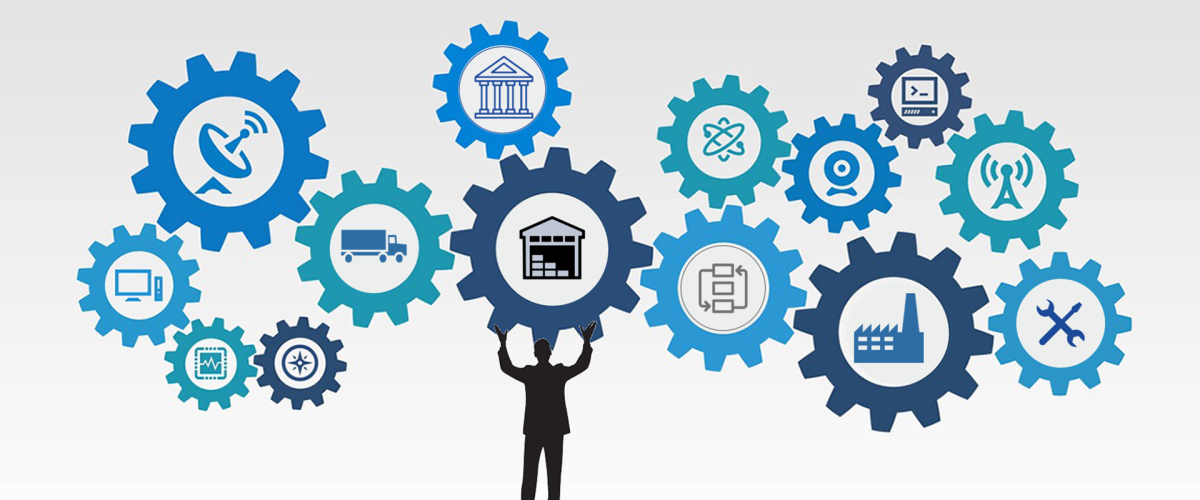Need & Benefits of Operational Audit Software
Operational audit software is a powerful tool that can help organizations improve their operations and ensure compliance with regulations. It allows companies to automate their audit processes and streamline their operations, which can save time and money while also improving the overall quality of their audits and ensuring timely closure of the gaps found.
Operational audit software can automate time consuming manual tasks such as data collection, data analysis, report generation, tracking and reporting corrective actions etc. By automating these tasks, organizations can reduce the time and resources required to complete an audit which can be especially beneficial for companies with complex operations or those that conduct multiple audits each year. Additionally, these software programs can also help organizations identify areas of improvement in their operations, which can be addressed as part of the audit process.
Another benefit of operational audit software is that it can help organizations ensure compliance with regulations. Many of these software programs include built-in compliance checks, which can help organizations ensure that they are meeting all of the requirements set out by regulatory bodies. Additionally, these software programs can also help organizations track their compliance efforts over time, which can be useful for reporting purposes. This can be especially beneficial for companies that operate in highly regulated industries, such as healthcare or finance, as compliance is of paramount importance to these organizations.
Operational audit software can also be used to improve the overall quality of audits. Many of these software programs include advanced analytics and reporting capabilities, which can help organizations identify patterns and trends in their operations. Additionally, these software programs can also be used to create detailed, actionable reports that can be shared with stakeholders, including management and regulatory bodies.
Operational audit software can also be used for real-time monitoring and control of operations, which can help organizations to quickly identify and address issues as they arise. This can be especially beneficial for companies that operate in industries such as logistics pharma, chemicals, healthcare, where the ability to identify and address issues quickly can have a significant impact on the bottom line. Additionally, many of these software programs also offer the ability to automate corrective actions, which can help organizations to address issues more quickly and efficiently.
Operational audit software also allows organizations to store and organize data in a centralized location. This can include information on audit findings, compliance data, and other relevant information. This can make it easier for organizations to access and analyze data, and can also help to ensure that data is accurate and up-to-date. Additionally, this data can be easily shared with stakeholders, such as management or regulatory bodies, as needed.
SIMSA is one of the best operational audit softwares with unique features e.g:
- Scheduling Recurring Audits at any frequency in one shot e.g. daily, weekly, monthly, quarterly
- Gamification of audit performance scores by awarding Diamond, Gold, Silver, Bronze ratings to the sites
- Conducting surprise audits
- Providing the standards & guidelines for assessment to the auditors on the go
- Off-line mode for conducting audits on mobile in case of poor or no data connectivity.
SIMSA can save up to 70% of time as compared to using spreadsheets or any other manual systems. It allows people to focus on the value added part of audits as all non-value added activities are taken over by the software.
In conclusion, operational audit software is an essential tool for organizations looking to improve their operations and ensure compliance with regulations. These software programs allow companies to automate their audit processes and streamline their operations, which can save time and money while also improving the overall quality of their audits. Additionally, these software programs can also help organizations ensure compliance with regulations, improve the overall quality of their audits, and monitor and control operations in real-time. By adopting operational audit software, organizations can improve their operations, ensure compliance with regulations, and reduce costs, which can have a significant impact on their bottom line.


